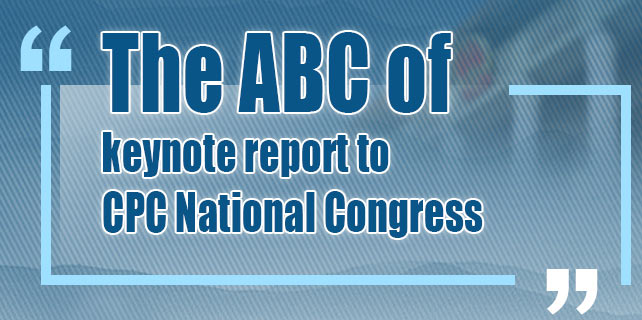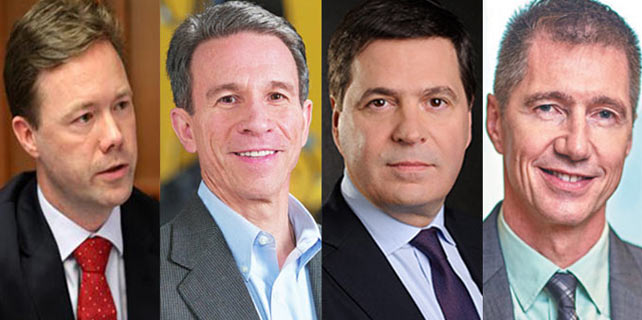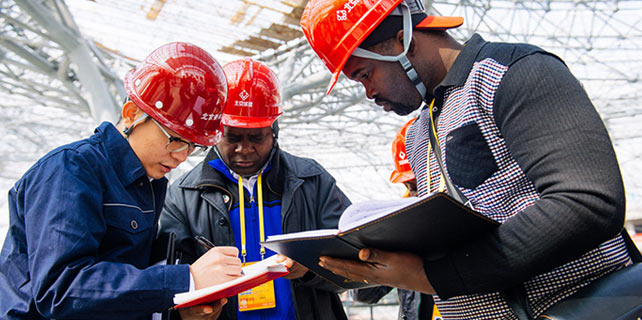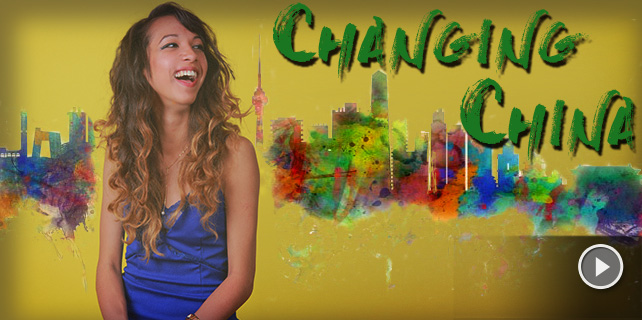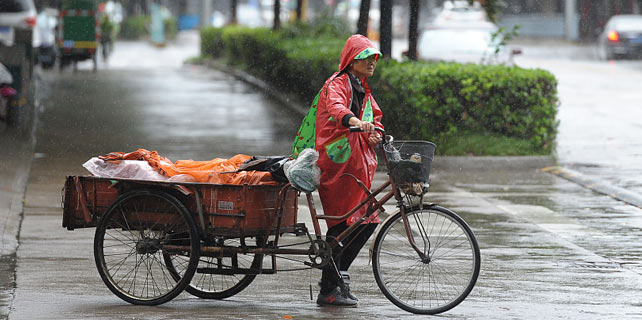Think tanks await CPC policy moves
With the 19th Communist Party of China National Congress about to open, leading US think tank experts are looking forward to seeing which direction Chinese policies are going on the economy, domestic politics and foreign policy.
The twice-per-decade congress, to be convened by the largest political party in the world on Oct 18, will be attended by nearly 2,300 delegates, representing 89 million members, more than the population of Germany. It is set to chart the course of growth for the world's second-largest economy in the next five years.
"I expect on October 18 what we will witness is a smooth transition from the 18th Party Congress to the 19th with a new lineup for the Politburo and Politburo standing committee," said Scott Kennedy, deputy director of the Freeman Chair in China Studies at the Center for Strategic and International Studies.
David M. Lampton, director of China Studies at the Johns Hopkins School of Advanced International Studies, also said Americans will be looking at the policymaking structure.
As usual, the 19th Party Congress will elect the Party's 19th Central Committee, which will then hold its first plenum immediately after the congress to elect the general secretary, members of the Politburo and other senior leaders.
The election of the Politburo Standing Committee, the country's highest political decision-making body, is receiving widespread attention because its members will make key decisions on China's policies in the years to come.
"I believe in the end leaders count, so we have to be concerned who the leaders are," Lampton said, adding that political observers will perhaps have to wait until the National People's Congress, the country's annual legislative meeting, which usually opens in early spring, to get a full picture of "what people emerge, how many of them are on the key decision-making (body), and what we know about their policy priorities".
"So I think we look at the Party Congress plus the People's Congress as a package to see the whole thing unfold, but the most important step is the 19th Party Congress," he said.
Lampton, former president of the National Committee on United States-China Relations, also said he is interested in knowing what the 19th Party Congress is going to say about the balance between market and state-championed industry.
Plans for reforming state-owned enterprises also are a key point of interest for Kennedy.
"One of the biggest challenges of China's economy is making the economy more efficient and improving the performance of state enterprises," Kennedy said.
"And so trying to see what those plans are going to be, I think American policymakers, investors and independent analysts are going to be looking at that."
Other questions that he hoped to get answers from the congress include how China is going to expand its efforts in economic reform and what role China sees itself playing on the international stage.
In addition, observers will be interested in learning what is going to happen with domestic governance. For example, if there will be further steps toward greater rule of law, or more expansion of the activities of non-state actors and civil society groups, he said.
Douglas Paal, vice-president for studies at the Carnegie Endowment for International Peace, said of the upcoming national meeting of the CPC: "In America, when we have elections, we don't do foreign policy. In China, when you have a Party Congress, you don't do much more in foreign policy, but you get the work done after," Paal said.
"I hope we have a good full agenda of cooperation on the international scene after the Party Congress," the former diplomat said.
huanxinzhao@chinadailyusa.com




